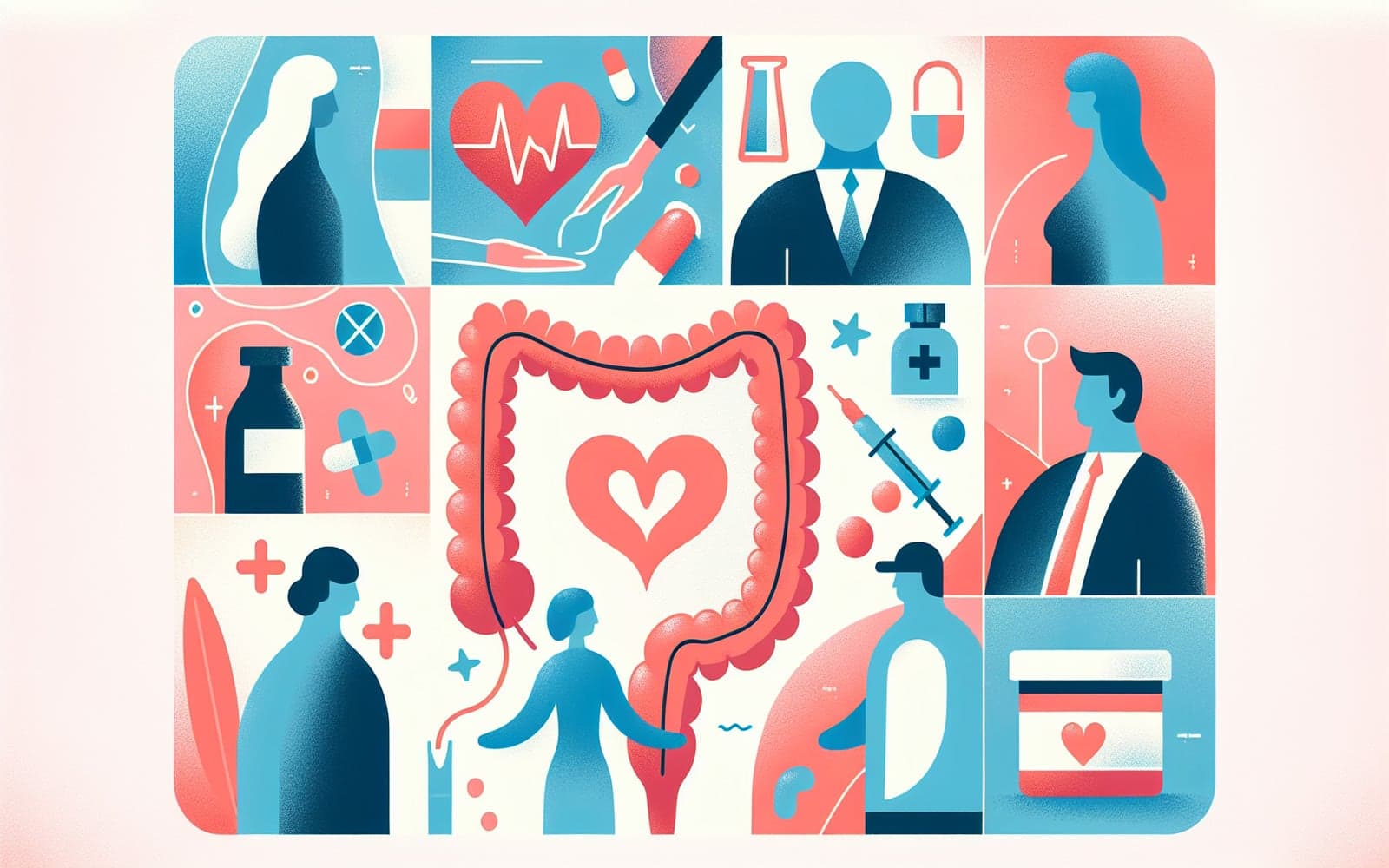What Are the Treatment Options for Colonic Ischemia?
Published: Mar 14, 2024

Medically reviewed by Becky Powers | MD, The University of Texas Medical School - Houston, Texas on March 14th, 2024.
Understanding treatment options for colonic ischemia can help patients receive appropriate care and improve outcomes.
Contents
Supportive Care Strategies
Supportive care is often the first line of treatment for colonic ischemia. This includes bowel rest, intravenous fluids, and monitoring in an intensive care setting if needed. Ensuring adequate blood flow and treating any underlying conditions are critical components of supportive care.
When Surgery Is Necessary
In severe cases, surgery may be required to remove necrotic tissue. Surgical intervention is best performed before complications like perforation occur. Decisions about surgery depend on the patient's overall condition and the extent of ischemic damage.

Ongoing Monitoring and Prevention
Post-treatment, ongoing monitoring is essential to prevent recurrence. Patients should be counseled on lifestyle changes to reduce risk factors. Avoiding dehydration, managing blood pressure, and reviewing medications can help maintain colon health.
Frequently Asked Questions
Supportive care including bowel rest and IV fluids.
No, only in severe cases with complications.
Through lifestyle changes and managing risk factors.
Yes, antibiotics may be used in moderate-to-severe cases.
Key Takeaways
Appropriate treatment of colonic ischemia can improve outcomes and prevent complications.
Consult Doctronic to explore treatment options for colonic ischemia.Related Articles
References
American Gastroenterological Association Medical Position Statement: guidelines on intestinal ischemia. Gastroenterology 2000; 118:951.
Cotter TG, Bledsoe AC, Sweetser S. Colon Ischemia: An Update for Clinicians. Mayo Clin Proc 2016; 91:671.
This article has been reviewed for accuracy by one of the licensed medical doctors working for Doctronic. Always discuss health information with your healthcare provider.

